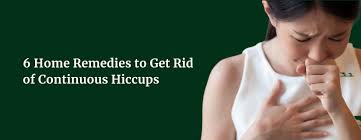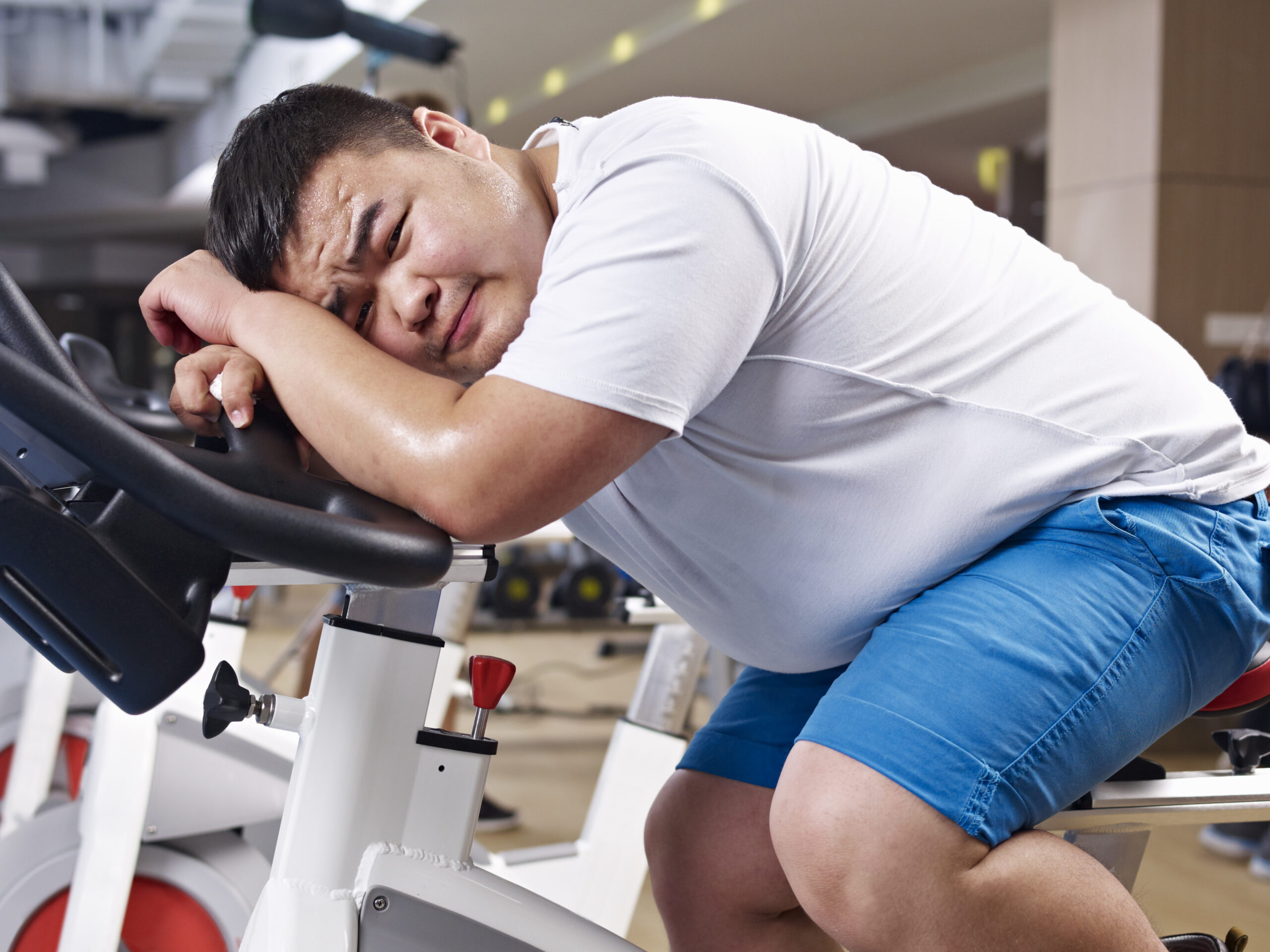
Hiccups are a common, often sudden annoyance that we all experience at some point. While they usually go away on their own, hiccups can be persistent and disruptive. Knowing a few quick tricks to get rid of them can be a lifesaver, especially in social settings or at work. Here are six tried-and-true methods to help stop hiccups fast and restore your calm.
Hold Your Breath and Count Slowly
One of the simplest and oldest tricks to stop hiccups is to hold your breath. Take a deep breath in, hold it for as long as you comfortably can, and then slowly exhale. Repeat this process two or three times. The goal is to interrupt the hiccup cycle by increasing the amount of carbon dioxide in your bloodstream, which can help relax the diaphragm. This technique is easy and can often stop hiccups in seconds!
Drink a Glass of Cold Water
Cold water can do wonders for hiccups. Slowly sip a glass of very cold water or take a few big gulps all at once. The cold temperature is believed to stimulate the vagus nerve, which plays a role in controlling the diaphragm. By “distracting” this nerve with the sensation of cold, you may be able to bring the involuntary hiccup reflex to an end.
Tip: For an added effect, drink the water through a straw or from the opposite side of the glass. These little challenges can engage different muscles, helping to disrupt the hiccup pattern.
Swallow a Teaspoon of Sugar
This is a classic remedy that involves swallowing a teaspoon of granulated sugar without chewing. The grainy texture of the sugar stimulates the vagus nerve, which may help reset the spasms in the diaphragm that cause hiccups. Try to keep the sugar on your tongue for a second or two before swallowing, and then see if the hiccups have eased.
Why sugar? The sweet, coarse texture may jolt the vagus nerve in a unique way, essentially distracting your nervous system from the hiccup reflex.
Use the Paper Towel Trick
This is a surprising but effective method. Place a single layer of paper towel over a glass of water and drink through it. The extra effort required to suck up the water engages the diaphragm more intentionally and may help stop hiccups. Drinking through the towel creates mild resistance, which forces your breathing muscles to work harder, potentially interrupting the hiccup cycle.
Try the Valsalva Maneuver
This method involves pinching your nose shut, closing your mouth, and trying to exhale forcefully. Though you won’t actually exhale with your mouth and nose closed, this action increases pressure in your chest, affecting the vagus nerve and potentially calming down the diaphragm spasms responsible for hiccups. Athletes and singers often use the Valsalva Maneuver to control breathing, so it’s worth a try if other methods haven’t worked.
Gargle with Ice-Cold Water
If drinking cold water doesn’t work, try gargling with it. Gargling for 30 seconds with very cold water can help relax your diaphragm by cooling the back of your throat and impacting the vagus nerve. The cold sensation in the throat is thought to help reset the body’s natural rhythm, which may put an end to your hiccups.
Alternative: Another variation is to suck on an ice cube for a few seconds and then swallow it as it melts. This combines the effects of both temperature and swallowing.
When to See a Doctor About Hiccups
While hiccups are usually harmless, persistent hiccups that last more than 48 hours could be a sign of an underlying medical condition. If you experience ongoing hiccups, especially if accompanied by other symptoms, consider reaching out to a healthcare provider.
By trying one or a combination of these methods, you can often stop hiccups within minutes and avoid the annoyance they bring. Whether you’re out with friends or simply trying to concentrate at work, knowing how to get rid of hiccups fast is a useful life skill.
Have any other tricks for stopping hiccups? Let us know in the comments!
What Causes Hiccups?
Hiccups are caused by involuntary spasms of the diaphragm, the muscle that helps control breathing. These spasms force air to rush into the lungs, which then causes the vocal cords to briefly close, producing the characteristic “hic” sound. Common triggers include:
- Eating or drinking too quickly
- Consuming carbonated beverages or alcohol
- Sudden temperature changes in the stomach
- Excitement, stress, or sudden emotional shifts
- Swallowing air (often from chewing gum or smoking)
In most cases, hiccups are harmless and resolve on their own.





